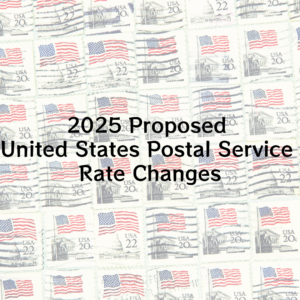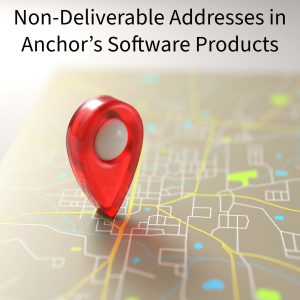As the technological landscape has drastically shifted in the past thirty years, many businesses have sought to use data more strategically. Companies like Google and Amazon are prime examples, and their successes are attributed to the clever utilization of available data and the advancement of storage and computation capacity capabilities.
Such developments indicate that organizations need a comprehensive strategy for working with present-day information if they hope to stay competitive in an ever-changing market. Without an actionable strategy, there still may be profits from product deployment. However, firms should develop a plan to outline the best ways to utilize modern-day resources to keep future endeavors on target.

What is Data Strategy?
As digital transformation progresses, data is becoming an increasingly valuable asset. Companies that make the right investments will be rewarded with returns on investment and a long-term market advantage. Conversely, those who lack strategic foresight risk putting their progress in jeopardy. Such considerations form the basis of data strategy: leveraging data to maximize value for your business over time.
What Happens Without a Strategic View of Data?
Without a strategic view of data, companies risk passing on valuable opportunities. This can mean your rivals leveraging their own insights to gain a competitive advantage and suppliers entering new markets, or, more drastically, entrepreneurs creating disruptive products that could leave you blindsided. Uber and Airbnb are prime examples. Embracing an intentional position on data is essential to stay ahead in today’s digital economy. Failing to do so means lost potential, giving your competitors the upper hand in tapping into the resources you may be overlooking.
Three Outcomes of a Good Data Strategy?
A good data strategy yields many positive outcomes. Companies can expect to have products that are based on data-driven decisions and take inspiration from the competition. They can also trust that their own technology is up-to-date with data-oriented tools for gathering, processing, storing, and analyzing that information. Additionally, businesses can start collecting the data they need early on, particularly when working with 12 months’ worth of material, to conduct better informed and more precise operations.
When and Where to Start?
For those looking to start their data journey, the best place is right here. A great first step is to make a list of pertinent databases, platforms, and reference tables relevant to decision-making purposes. Ask yourself some questions: Are we getting the most out of this information? What more could we glean from these conclusions? Could innovative products emerge from harnessing our existing knowledge base?
Once you have an answer for how to transform your current understanding into ambitious goals, develop your approach by taking it one step at a time. Gather your data, safely store it, and effectively analyze it before creating any new solutions or services.
Anchor Software is available to help with all of your business needs, from organizing deliveries to creating marketing campaigns to validating data. Connect with us today and see what the possibilities are!

| Thank you for Signing Up |







